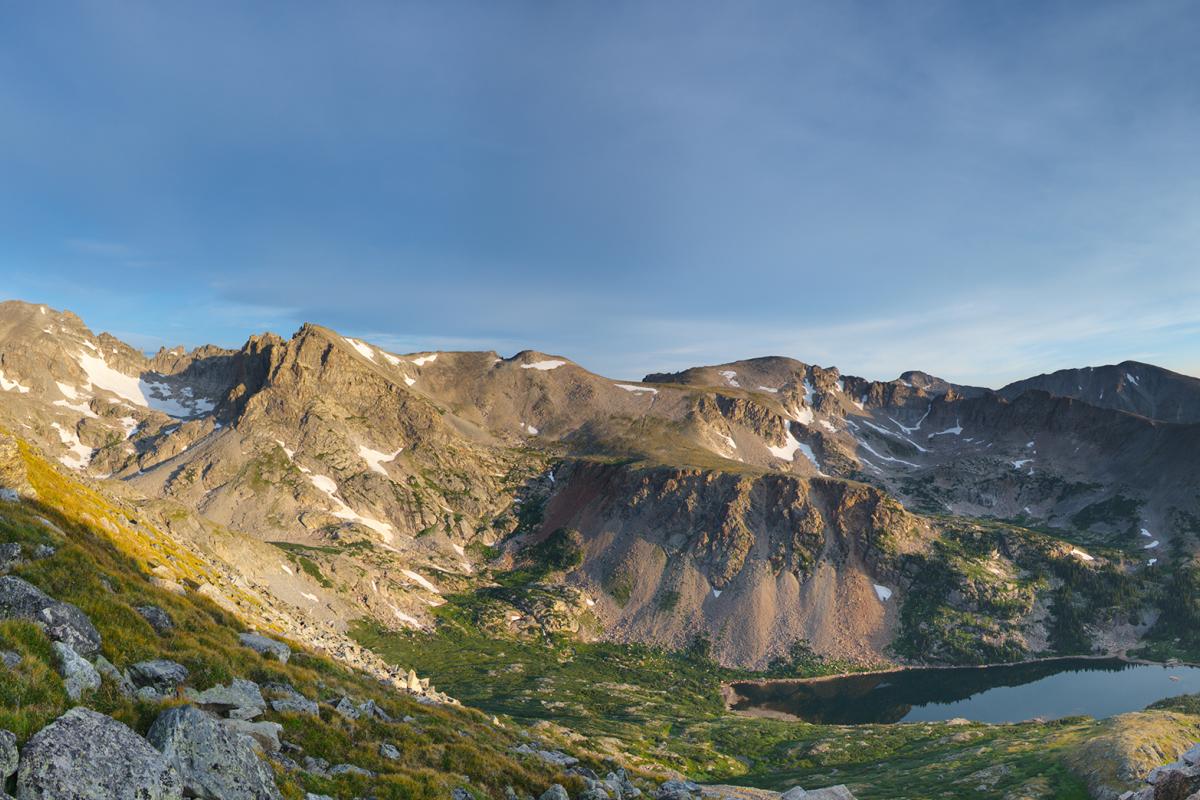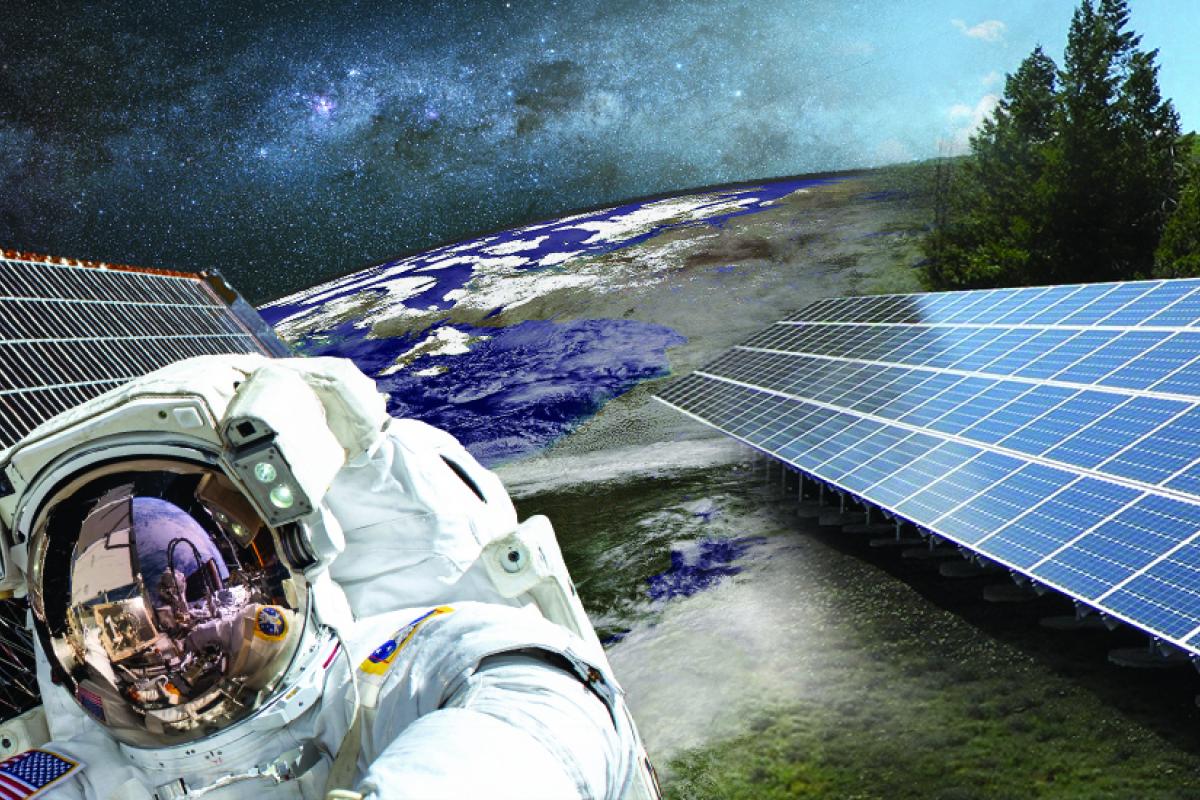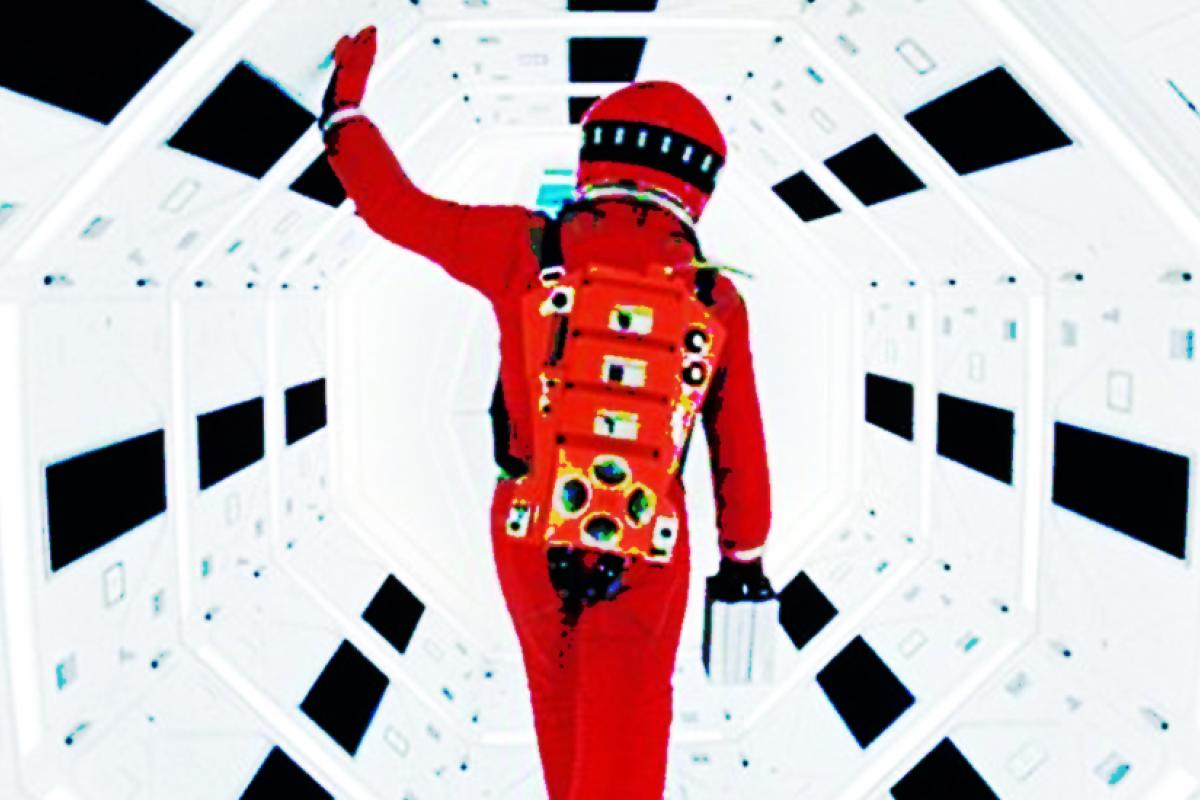Science Under the Dome
Join us for our Science Under the Dome monthly live talk series. Talks in this series are presented by graduate students and postdoc researchers at CU Boulder.
These are a part of our regular talk series. Regular ticket prices apply.
Please be aware that our shows and some talks may incorporate one or several of the following features: bright lights, flashing visuals, loud sounds, or intense motion effects.
CU Boulder students are admitted FREE on THURSDAY NIGHT TALKS with valid Buff OneCard.

Our climate is changing and we must adapt to a world that is transforming right before our eyes. Early warning signs of climate change were seen in far away places like the Arctic, Antarctica, and Greenland. Now these impacts are affecting us here at home and changing the way we live our lives. Join us as we explore the local and global impacts of climate change and ways in which we can contribute to a solution.
Science and technology don’t exist in a vacuum - there are countless ways that research and innovation play a significant role in society at large. What are some of the ways in which they overlap? This series explores the intersection of science and society, addressing topics such as light pollution, GMOs, and mining asteroids, and the talks invite the audience to consider ways in which they have been impacted by this intersection.
From warp drives to artificial intelligence to living on Mars, this series is to explore a variety of scientific ideas that surface in science fiction books, movies, and video games. Where have popular sci-fi movies portrayed science correctly, and where has Hollywood gone off the deep end? What technologies were once ‘sci-fi’ but are now rapidly becoming a reality?







